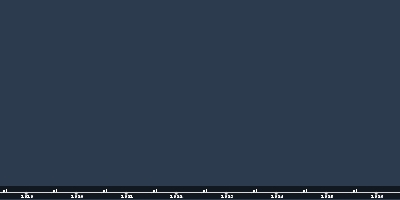1 Jan 1917 Jahr - Eigteenth ammendment
Beschreibung:
18th: The ban on the manufacture and sale of alcohol that went into effect in January 1920. Also called “prohibition,” the amendment was repealed in 1933.Volstead Act: Officially, the National Prohibition Act, passed by Congress to enforce the provisions of the Eighteenth Amendment banning the sale of alcohol.
Rural and native-born Protestants had long worked for a national prohibition on alcohol (see “Women’s Civic Activism” in Chapter 17). The two principal anti-alcohol organizations, the Woman’s Christian Temperance Union and the Anti-Saloon League, hailed temperance as good for health and Christian virtue. In the 1910s, some progressives joined the campaign, convinced that alcohol kept immigrant workers in poverty and that saloons bred political corruption. World War I, too, spurred the cause. Mobilizing the economy for war, Congress limited brewers’ and distillers’ use of barley and other scarce grains, driving down consumption. Moreover, anti-German hysteria linked the many German American breweries, like Pabst and Anheuser-Busch, with the wartime enemy. A decades-long push for national prohibition culminated with Congress’s passage of the Eighteenth Amendment in 1917. Ratified over the next two years by nearly every state and taking effect in January 1920, the amendment prohibited the “manufacture, sale, or transportation of intoxicating liquors” anywhere in the United States. It was enforced by the federal government under the 1920 Volstead Act.
Prohibition’s most ardent supporters were native-born, small-town Protestants, and its greatest opponents were immigrants and middle-class urbanites. Defenders of prohibition celebrated it as a victory over sin and vice. In urban areas, though, Americans flagrantly ignored the law — and mocked prohibition as old-fashioned Puritanism. Immigrants saw the ban as an attack on the working-class saloon that served as a social center. During Prohibition more affluent urban drinkers flocked to speakeasies, or illegal drinking establishments, which flourished in almost every major city; one raid on a Chicago speakeasy captured 200,000 gallons of alcohol. Profits from the speakeasies and from the illegal manufacture and transport of alcohol enriched notorious gangsters such as Chicago’s Al Capone and New York’s Jack Diamond.
National prohibition was a prolonged social experiment that fizzled. Alcohol consumption declined in 1921 and 1922 but then began climbing again — though it did not reach pre-1920 levels until after repeal in 1933. Among the middle class, which could afford higher prices, alcohol consumption declined hardly at all in these years. The fact that only the sale and not the possession of alcohol was illegal made prohibition exceedingly difficult to enforce. And yet the Eighteenth Amendment’s most important legacy might well have been the growing influence of the Justice Department’s Bureau of Investigation, the federal agency tasked with enforcing the Volstead Act (“Federal” was added in 1935, making it the now-familiar FBI). Under the shrewd direction of J. Edgar Hoover, the FBI used the Red Scare and prohibition to increase its resources, enlarge its investigative domain, and become a fixture of federal police power.
Zugefügt zum Band der Zeit:
Datum:
1 Jan 1917 Jahr
Jetzt
~ 108 years ago
